Evolution
-
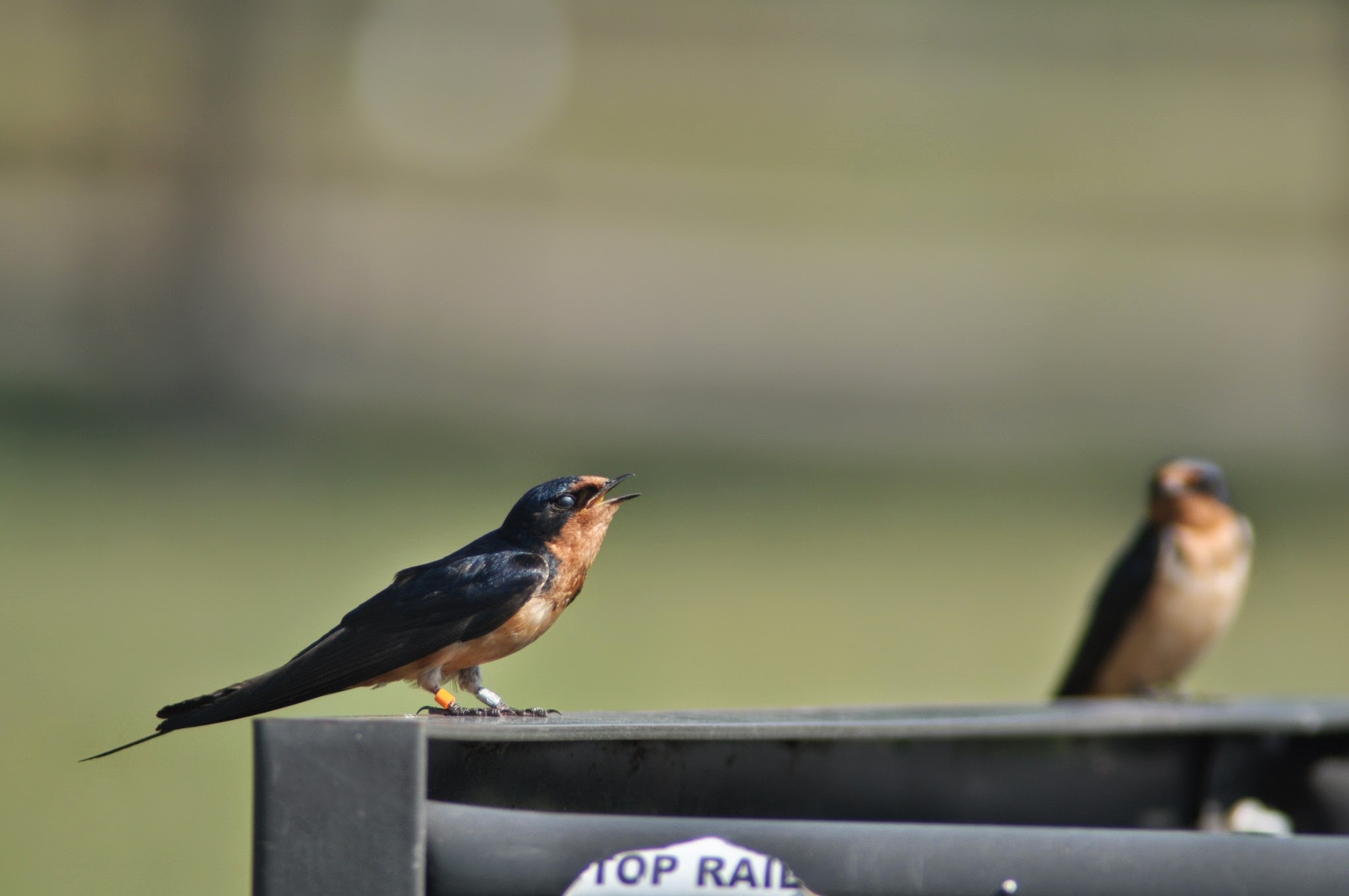
Heard that Bird: Creanza Lab develops free curriculum to teach birdsong identification
The Creanza Lab, along with alumnus Matt Wilkins, BA’06, created a birdsong identification lesson plan for middle and high school students. The game show lets participants identify which birds they can hear in various pop culture media, such as movies, music, or video games. Read MoreJul 2, 2024
-
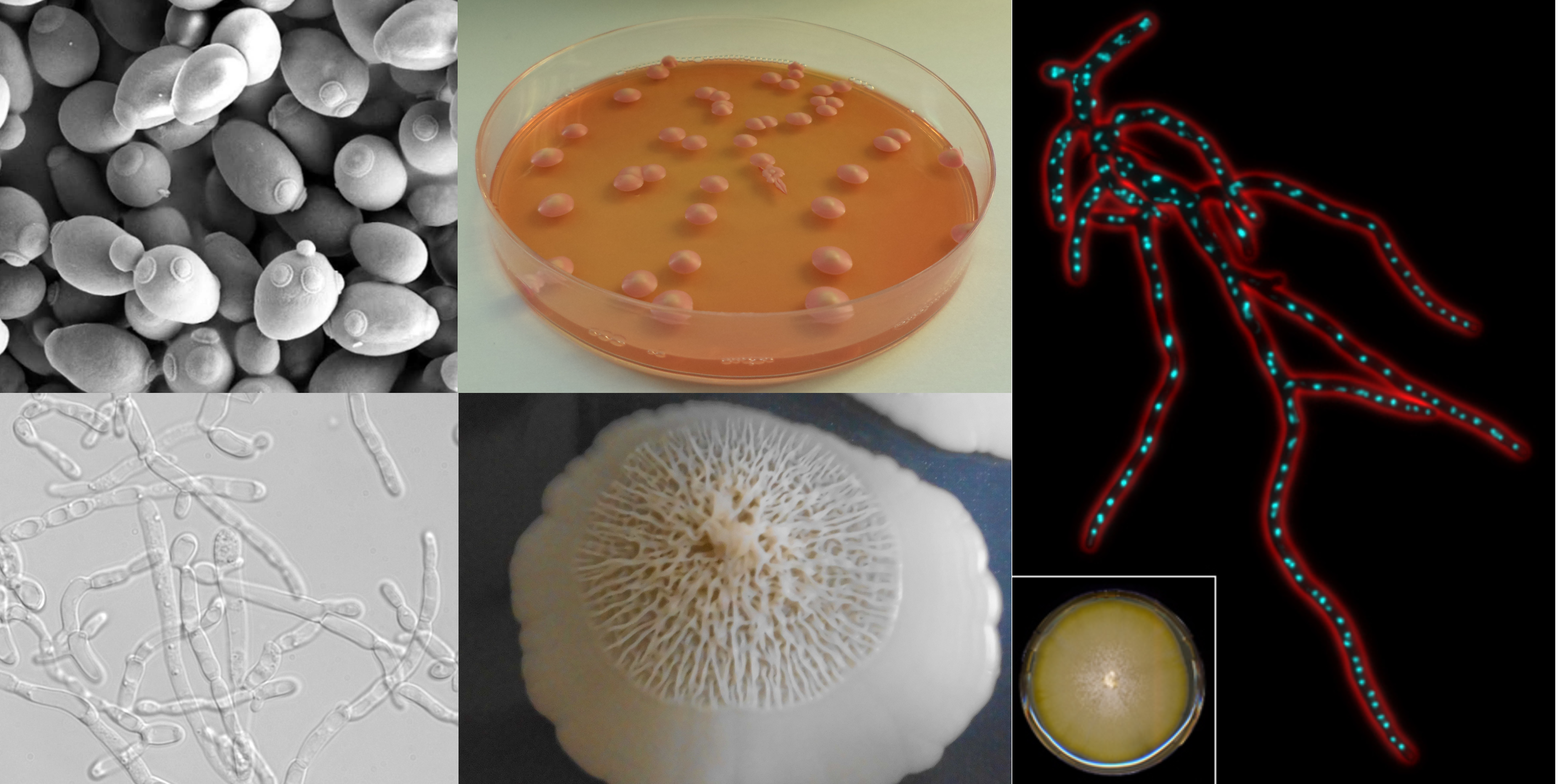
Vanderbilt researchers flip the script on yeast ecological diversity
A mere decade ago, decoding the genome of every organism in a major branch of the tree of life and deciphering their diets was a pipe dream. In a groundbreaking study, a team of researchers from Vanderbilt University, the University of Wisconsin-Madison and other institutions worldwide have done just that for the first time ever. Led by Abigail LaBella, a postdoctoral researcher in the Rokas Lab, an international research team used the genomes and diets of nearly all known species from an ancient lineage of yeasts to understand the evolution of generalists and specialists. Read MoreMay 8, 2024
-
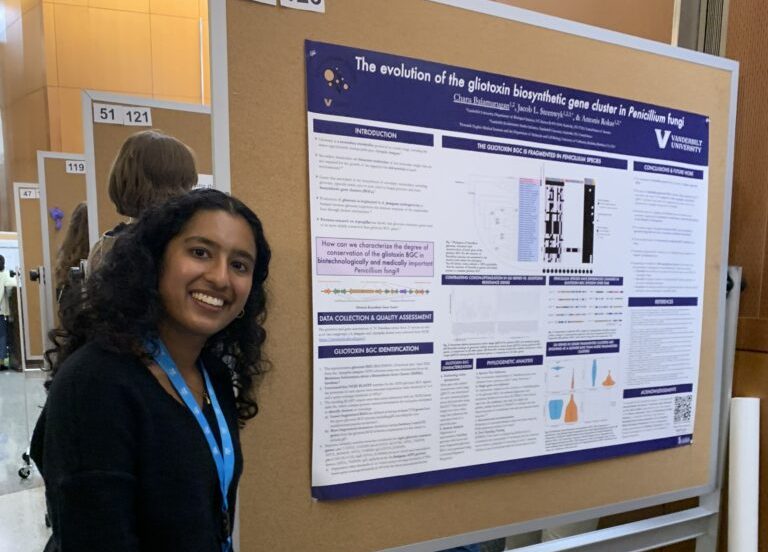
Beckman Scholar Charu Balamurugan unveils evolutionary insights into Penicillium secondary metabolites
Beckman Scholar Charu Balamurugan, an undergraduate researcher in the Rokas lab at Vanderbilt University, has shed light on the intricate evolutionary patterns governing secondary metabolite biosynthesis in fungi. Balamurugan delved deep into the genomes of Penicillium species, uncovering fascinating insights into the conservation and evolution of biosynthetic gene clusters and associated resistance genes. Read MoreApr 4, 2024
-
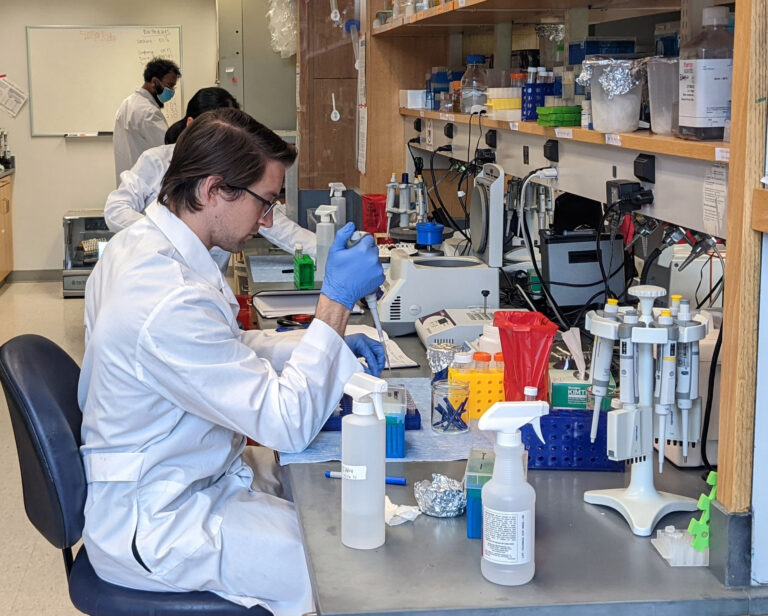
Insect immune insights: Researchers unveil immune system dynamics
Justin Critchlow, a recent Ph.D. student in Ann Tate’s lab, just published a paper with the labmates Arun Prakash, Katherine Zhong, and Tate, uncovering the intricacies of beetle immune dynamics. This paper sheds light on the dynamics of survival, resilience, and the profound complexities inherent in evolutionary adaptations. Read MoreApr 4, 2024
-

Breaking the Mold: Kyle David’s research challenges ecological norms in yeast communities
Kyle David, an NSF postdoctoral fellow in the Rokas lab, and co-authors published a new paper, “Saccharomycotina yeasts defy longstanding macroecological patterns” in the high-impact journal PNAS. This paper, which looks at the ecology of 186 species of yeast, provides evidence that not all life-forms follow the rules. Read MoreMar 7, 2024
-
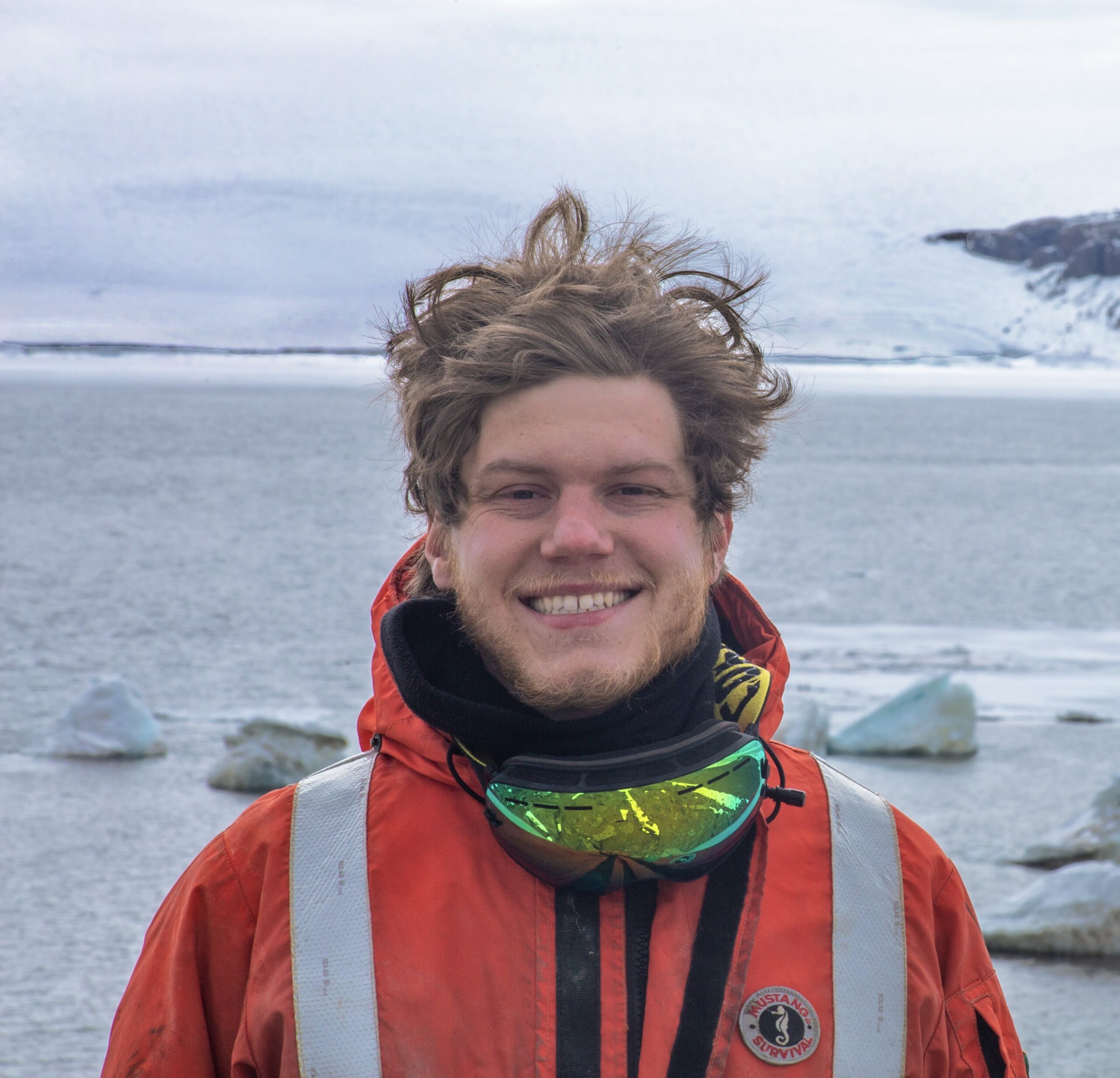
Breaking the mold: postdoctoral fellow’s research challenges ecological norms in yeast communities
Kyle David, an NSF postdoctoral fellow in the Rokas lab, and co-authors published a new paper, 'Saccharomycotina yeasts defy longstanding macroecological patterns' in the high-impact journal PNAS. This paper, which looks at the ecology of 186 species of yeast, provides evidence that not all life-forms follow the rules. Read MoreMar 5, 2024
-
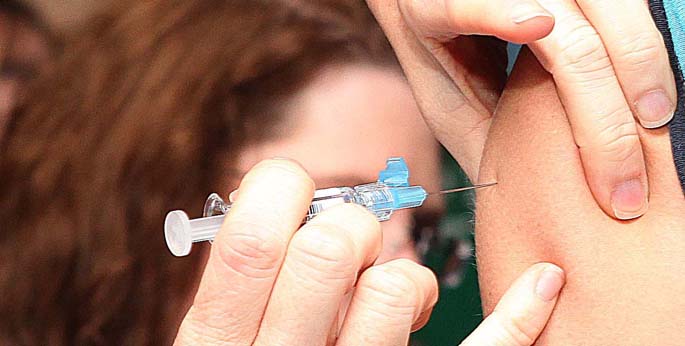
Biological scientists find that external factors impact vaccine belief-behavior predictions
Widespread trust in vaccines often leads to higher vaccination rates, but vaccine shortages can deter even those with confidence in vaccines. Furthermore, while vaccine mandates can create an appearance of universal vaccination, people may remain hesitant, resulting in lower compliance than anticipated. Read MoreOct 5, 2023
-

Evolutionary biologists determine that culture shapes genetics within, not just between, populations
Nicole Creanza and Yakov Pichkar explore whether subtle cultural differences within a language mirror genetic structure within a population. The answer: Even small cultural differences like dialect can influence the spread of people and genes. Read MoreJun 29, 2023
-

Transmission of vaccine-hesitant beliefs among parents is a key predictor of vaccination coverage and disease risk among children
Vanderbilt biologists Nicole Creanza and Kerri-Ann Anderson have developed a new mathematical model, rooted in cultural evolution, that represents vaccine hesitancy as a belief that can influence, but not perfectly predict, whether parents will decide to vaccinate their children. Read MoreJun 20, 2023
-
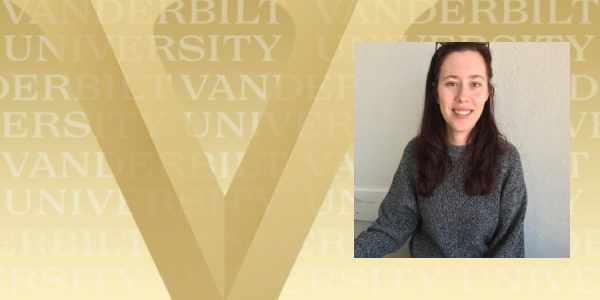
Harrison named Brighter Ventures Student Award recipient
Marie-Claire Harrison, a graduate student in the Department of Biological Sciences, has been named the 2023 recipient of the Brighter Ventures Student Award. The Brighter Ventures Student Award supports Ph.D. students interested in the application of artificial intelligence in the biomedical research field. Read MoreMay 31, 2023
-
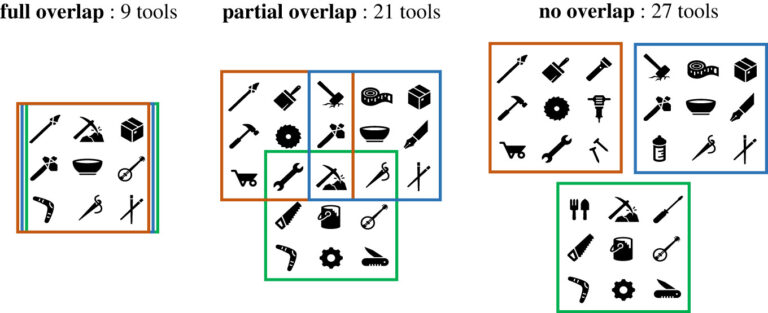
Vanderbilt Biologist investigates specialization and its impact on cultural evolution
The cultural evolution of a population depends not only on size but also on the degree of specialization within a population, according to a new study published last month by a team of scientists including Nicole Creanza. The study found that populations can increase their cultural repertoire by subdividing knowledge into smaller groups, but the total group must be sufficiently large for specialization to be advantageous. Read MoreApr 20, 2023
-
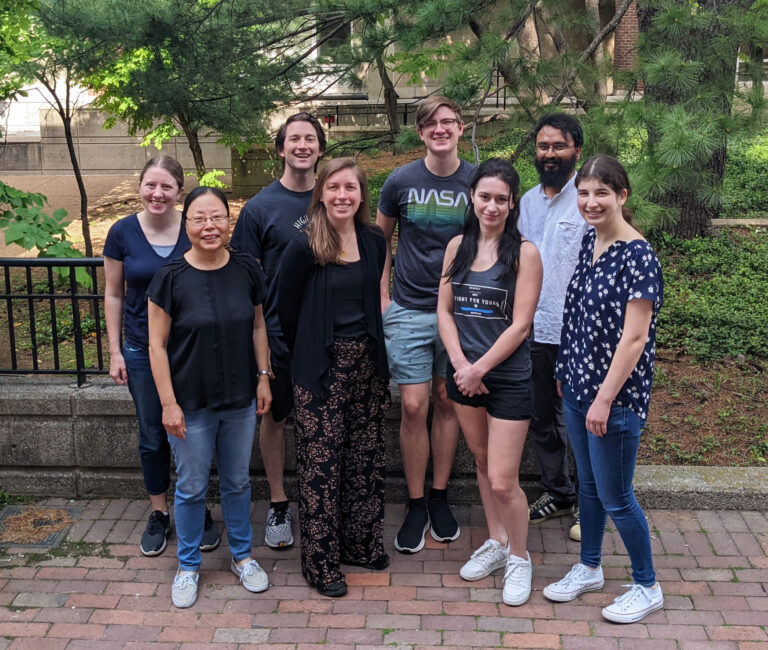
Vanderbilt Team finds Evolutionary Support for Induced Defenses
Graduate student Reese Martin and his doctoral advisor, Ann Tate, assistant professor of biological sciences, used theoretical modeling to identify a potential relationship between genetic pleiotropy and the evolution of immune responses. Read MoreApr 13, 2023
-
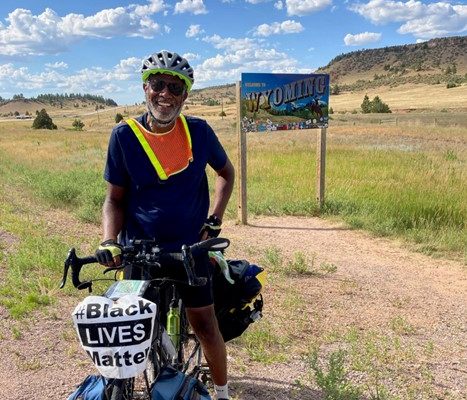
Scott Edwards, expert on the evolution of biodiversity, to deliver J. T. Scopes Lecture
Scott V. Edwards, a leading expert on the evolution of biodiversity, will deliver this year’s J. T. Scopes Lecture on Wednesday, March 29. The title of his talk is “Exploring Bird Diversity Through Genomics, Museums and a Two-wheeled Cross-country Adventure.” Read MoreMar 20, 2023
-

Vanderbilt Researcher Identifies Modes of Natural Selection in Understudied Human Populations
Vanderbilt researcher Amanda Lea, along with a global team of experts, has discovered new pathways of natural selection in humans. Read MoreFeb 16, 2023
-
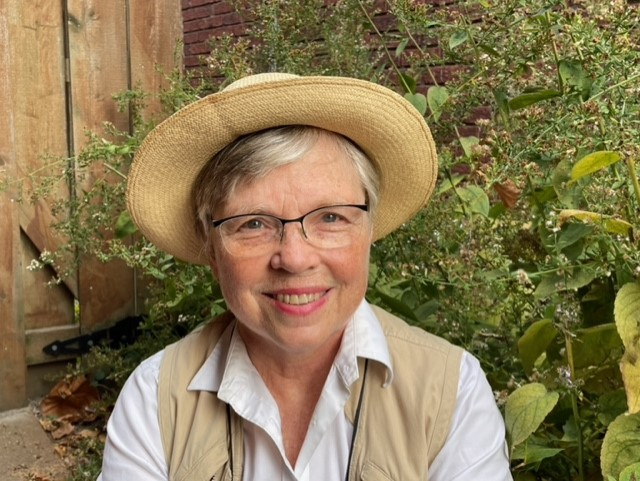
Joan Strassmann, expert on the evolution of cooperation, to deliver Evolutionary Studies seminar Feb. 24
Joan Strassmann, a world leading expert on the evolution of cooperation and fellow of the U.S. National Academy of Sciences, will be giving a talk on experimental evolution of microbes on Friday Feb. 24th. Read MoreFeb 14, 2023
-
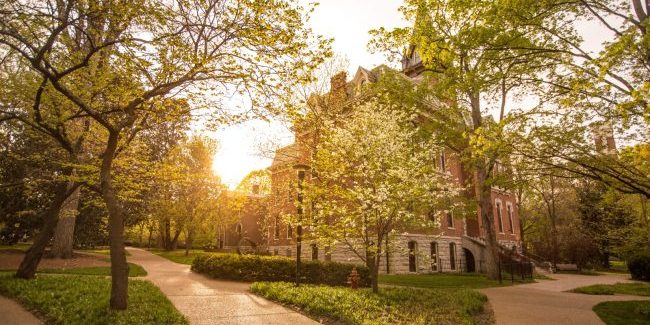
Richard Lenski, founder of long-term evolution experiment, to deliver 2023 Darwin Day Lecture
Richard Lenski, a world-renowned evolutionary biologist whose long-term experiment of the microorganism Escherichia coli has been running for more than three decades, will deliver the 2023 Darwin Day Lecture at Vanderbilt University on Wednesday, Feb. 8. Read MoreFeb 3, 2023
-
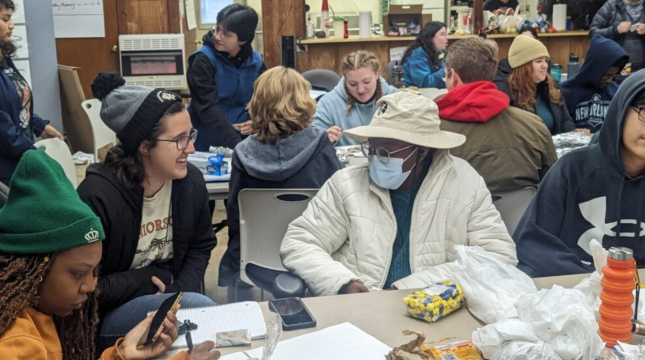
Local high schoolers find fossils on ESI-sponsored field trip
Local students from Stratford and Overton high schools got to excavate 70 million-year-old oysters, clams and shrimp at the Evolutionary Studies Initiative fossil search. The event aimed to teach students about food webs and to connect students with ESI grad students, postdocs and faculty to talk about college, science and evolution. Read MoreDec 13, 2022
-
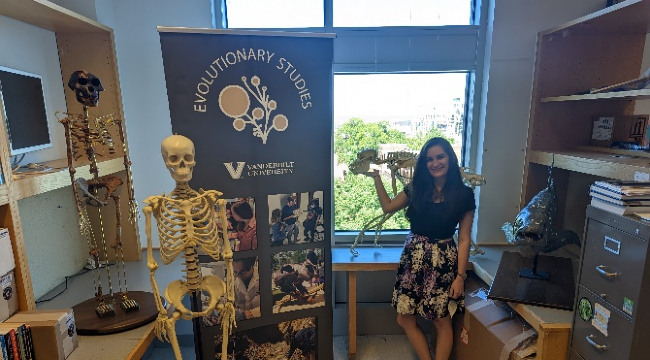
VU graduate student examines Aspergillus genus virulence as part of multi-university study
Annie Hatmaker, along with a team of researchers including her adviser, Cornelius Vanderbilt Professor of Biological Sciences Antonis Rokas, recently published a study identifying the differences in virulence among Aspergillus species, a common human-pathogenic genus of fungi. Read MoreDec 7, 2022
-
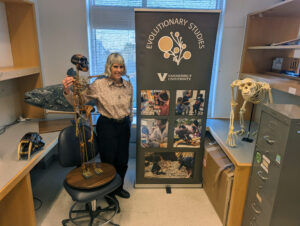
Fighting Misconceptions through Intentionally Designed Figures
Laura Novick and Jingyi Liu published a paper highlighting the importance of intentionally and thoughtfully designed figures to explain evolutionary relationships and overcome preconceived misconceptions. Read MoreNov 1, 2022
-

Vanderbilt biologists discover genetic pathways linking the immune and circulatory systems of mosquitoes during infection
Julián F. Hillyer, professor of biological sciences, and his research team discovered how mosquito immune and circulatory systems are related. This work may lead to the development of novel strategies that protect beneficial insects or harm detrimental ones. Read MoreSep 7, 2022